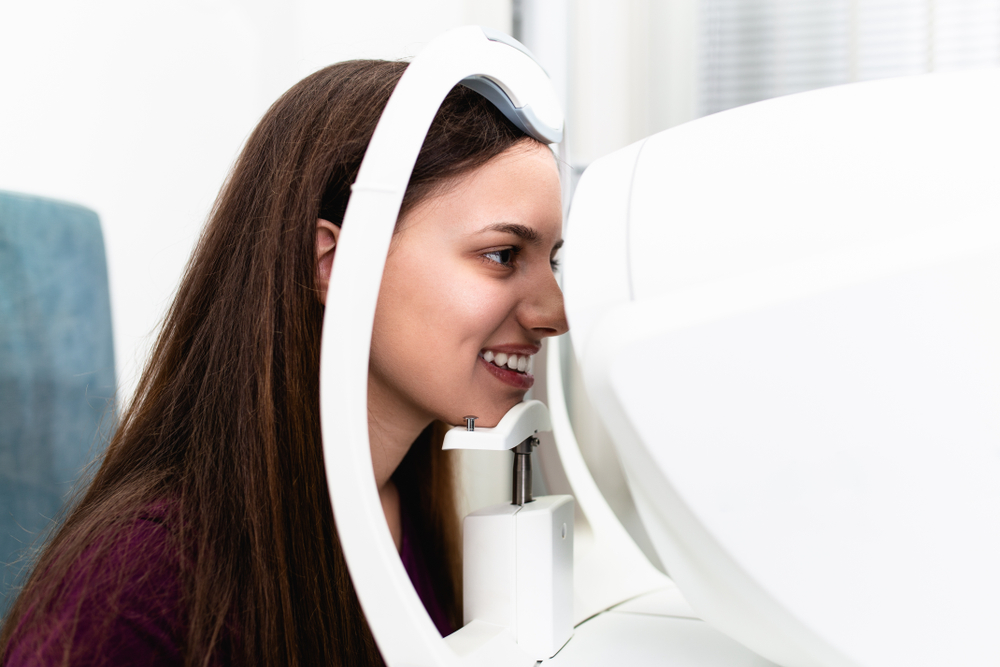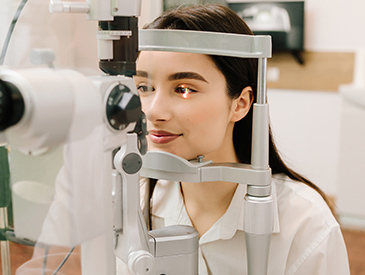How Often Should You Be Checked for Common Eye Diseases?

Maintaining good vision is about more than just seeing clearly. It’s about protecting your eyes from disease and preserving your eyesight for years to come. Many common eye diseases develop without noticeable symptoms until significant damage has occurred. Regular eye exams are an essential part of preventive health care. But how often should you be screened for eye diseases, and who is most at risk?
What Is Eye Disease?
Eye disease refers to any condition that affects the health or function of the eye, potentially leading to vision loss or blindness if left untreated. Some eye diseases are genetic, others develop as a result of aging or health conditions such as diabetes. Early detection is critical because many eye diseases progress silently and may not cause discomfort or vision changes until damage is already done.
Common Eye Diseases That Affect Your Vision
Here are a few of the most prevalent eye diseases to be aware of:
Glaucoma: Often called the “silent thief of sight,” glaucoma damages the optic nerve and can lead to irreversible vision loss if not treated. It typically develops with no early warning signs.
Cataracts: A clouding of the eye’s natural lens, leading to blurry vision, difficulty with night vision, and fading colors. Cataracts are common with age.
Macular Degeneration: A leading cause of vision loss in people over 50, this condition affects the central part of the retina (the macula), impairing your ability to see fine details.
Diabetic Retinopathy: This condition affects individuals with diabetes and occurs when high blood sugar damages blood vessels in the retina.
Dry Eye Disease: While often less serious, chronic dry eyes can affect comfort and visual clarity, and may be a sign of underlying health issues.
What Is a Diabetic Eye Exam?
A diabetic eye exam is a specialized, comprehensive eye examination specifically for individuals with diabetes. It includes a detailed evaluation of the retina and blood vessels in the back of the eye to check for signs of diabetic retinopathy and other complications. This exam typically involves dilating the pupils and may include retinal imaging. Detecting diabetic eye disease early can help prevent permanent vision loss.
How Often Should You Get Checked?
For most adults (even those with no symptoms or known eye conditions) it is recommended to have a comprehensive eye exam annually to monitor eye health and detect any early signs of disease. Individuals with diabetes should also receive a diabetic eye exam every year, or more often if advised by your doctor, to screen for diabetic retinopathy and other complications.
Individuals with a family history of eye disease may require more frequent eye exams, as they could be at higher risk for developing certain conditions. Similarly, patients with high blood pressure, ongoing vision changes, or other health concerns should consult our optometrist to determine how often they should be seen, as their specific circumstances may warrant a more personalized exam schedule.
Protect Your Vision at Phifer Eye Associates
Your eyesight is worth protecting, and regular eye exams are the best defense against preventable vision loss. At Phifer Eye Associates, we’re committed to helping you stay ahead of common eye diseases through thorough, compassionate care and early detection strategies tailored to your unique needs.
Schedule your next eye exam with Phifer Eye Associates and take the next step in safeguarding your vision from eye disease. Visit our office in Monroe, North Carolina, or call (980) 575-5700 to book an appointment today.


